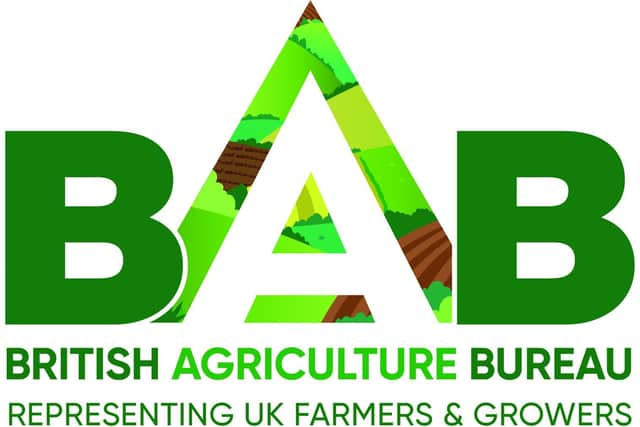Brussels in brief
and live on Freeview channel 276
Whilst on placement with BAB, James Thompson (Graduate Policy Advisor) has been taking a closer look at EU young farmer policies. He has written a report summarising the different types of support offered across the EU.
Follow: www.britishagriculturebureau.co.uk/updates-and-information.
European Parliament supports NGTs at Plenary vote


Advertisement
Advertisement
Last week, the European Parliament adopted its position for negotiations with member states on the Commission’s proposal on New Genomic Techniques (NGTs), with 307 votes to 263 and 41 abstentions. Currently, all plants obtained by NGTs are subject to the same rules as genetically modified organism (GMOs).
MEPs support the proposal to have two different categories and two sets of rules for NGT plants. NGT plants considered equivalent to conventional ones (NGT 1 plants) would be exempt from the requirements of the existing GMO legislation, whereas other NGT plants (NGT 2 plants) would continue to follow stricter requirements. MEPs also agreed that all NGT plants should remain prohibited in organic production as their compatibility requires further consideration. The Council is having some difficulties agreeing its position, but once decided it is hoped that negotiations with the Parliament will commence promptly given the importance of the file.
Commission proposes to extend Ukrainian tariff free agri-food imports
The Commission has proposed that Ukrainian agrifood imports into the EU remain free of duties until at least June 2025, although duty free imports of Ukrainian sugar, poultry and eggs will be capped at levels equal to the average of imports in 2022 and 2023. The duty-free measures were first introduced following Russia’s invasion of Ukraine in 2022. The proposal which is subject to the agreement of the Council and EP will apply as from 6 June 2024.
Commission overturns Italian cell-based food ban
Advertisement
Advertisement
In November 2023, Italian MPs voted to back a law banning the production, sale and import of cell-based food (otherwise known as lab-grown meat). However, the Italian Government passed the law without waiting for approval through the Technical Regulation Information System (TRIS). Approval through TRIS is required when a Member State wants to amend its legislation in a manner that may impact the single market. The Italian government did initially submit a TRIS application but withdrew this before the end of the 3-month waiting period. After the domestic law was passed, the Italian government submitted a second TRIS application. Last week, the Commission closed the file, outlining that because of the procedural error, the Italian ban on lab grown meat is void.
Council and Parliament strike deal to improve consumer information for honey, fruit jams and fruit juices
The Council and the European Parliament reached a provisional agreement to improve consumer information requirements for honey, fruit jams, fruit juices and dehydrated milk. The agreement concerns four of the so-called 'breakfast directives' and, once formally adopted, will update the rules concerning the composition, labelling, and naming of certain foodstuffs. For honey, country of origin labelling will be introduced, and for fruit jams the minimum fruit content will be increased.